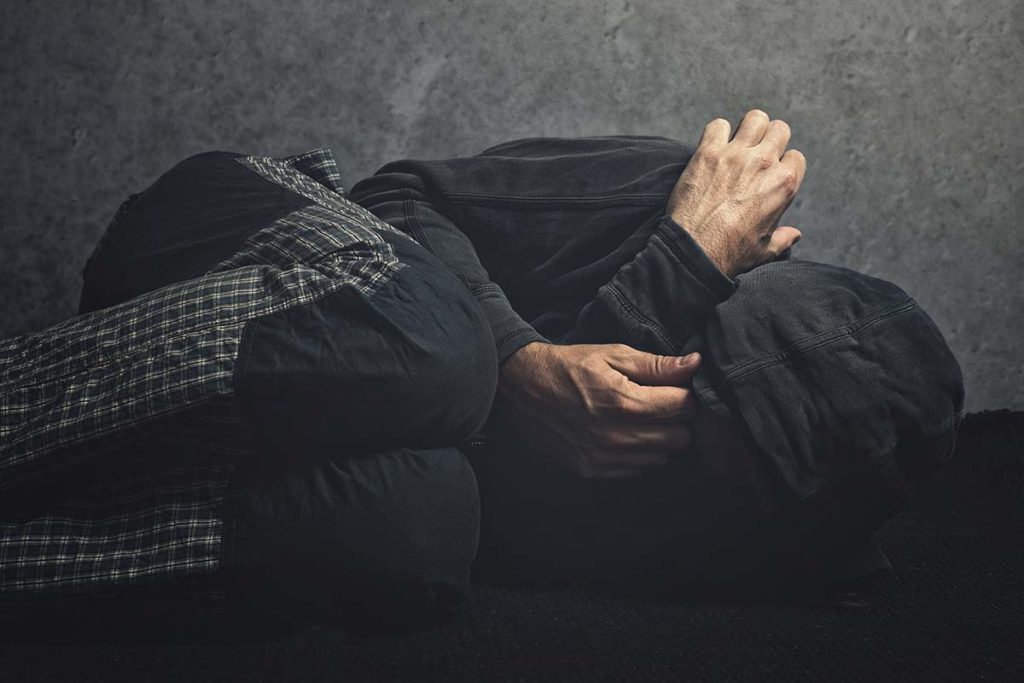Substance abuse disorders are common in the United States, impacting 19.3 million Americans annually. The stages of addiction can progress rapidly from your first use to physical dependence. Since addiction is a chronic mental health disease, symptoms gradually worsen over time. Occasional and recreational use can transition into abuse and physical dependence, sometimes in as little as several weeks. Addiction, alcoholism, and substance abuse disorders can damage your mental and physical health, as well as diminish your overall quality of life. Addiction can cause you to spend excessively on your substance of choice. Thus, it is common for substance abuse disorders to make it difficult to save money or pay bills.
Addiction and Physical Dependence
Substance abuse disorders cause you to compulsively abuse drugs and alcohol, even if you deal with troubling consequences or have a strong desire to stop using. Addiction can also change your behavior, lower your inhibitions, and damage your relationships. Drugs and alcohol are neurotransmitter inhibitors causing your brain to release more pleasurable neurotransmitters than it should. Neurotransmitters like dopamine, GABA, and serotonin cause the positive effects of intoxication. Eventually, your brain’s pleasure center rewards your substance use and punishes your abstinence by controlling the release of neurotransmitters. Your brain associates your substance of choice, as well as people, places, and things that remind you of your drug of choice, with pleasure. When you don’t use, your brain can become incapable of releasing neurotransmitters. Thus causing a massive neurotransmitter imbalance and can lead to intense cravings. Many substances, including alcohol, opiates, and benzodiazepines, can cause a psychical dependence. When you develop a physical dependence, you experience painful and uncomfortable withdrawal symptoms if you immediately stop using it. Other signs and symptoms of physical dependence include:
- Needing to use your substance of choice to feel normal
- Feeling anxious or restless when you aren’t using
- Needing to increase your use to experience the same pleasurable effects
- Spending the majority of your time using or thinking about your substance of choice
How Physical Dependence is Treated
When you develop a physical dependence, withdrawal symptoms can begin within hours of your last use. The severity and length of withdrawal symptoms depend on several factors, such as how long you’ve been using and how much you use. Sometimes, withdrawal symptoms can intensify if you have an underlying medical or mental health condition. Physical dependence can be treated either on an inpatient or outpatient basis. An inpatient program is best if you have a severe physical dependence or multiple attempts at recovery. During treatment, rehabs utilize both evidence-based and holistic therapies to provide you with the support, guidance, and understanding you need to recover.
Finding Help Today
If you or a loved one is struggling with a physical dependence on drugs or alcohol, reaching out for help is the first step towards lifelong recovery. Early treatment can make it easier to recover fully. To find out more about our substance abuse treatment programs, call us today at 844.875.5609.

